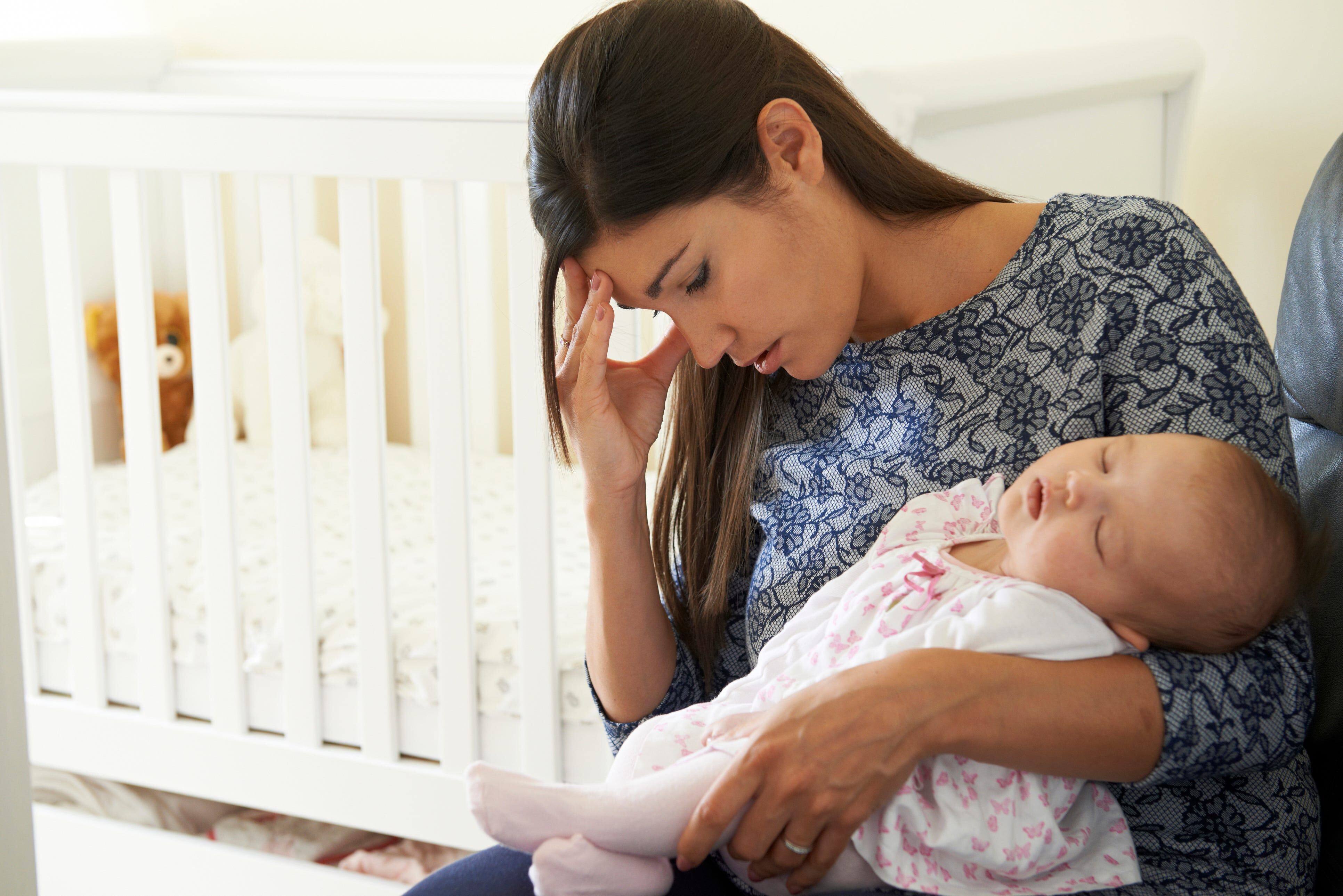The fourth trimester
Owing to hormonal and psychological changes after delivery, women undergo certain unwanted conditions that demand self-care and family support

"The birth of a new one comes in with a truckload of emotional changes."
The sudden demise of Soundarya Neeraj, hailing from a strong political background, was in the news recently. She died by suicide which was being trailed to post-partum depression (PPD). Opening up conversations around the mental health of women, especially new mothers, is an essential part of preventing such avoidable deaths.
Postpartum is often called the 'fourth trimester'. It refers to the time after delivery when maternal physiologic changes related to pregnancy return to the nonpregnant state. Not only do the body and hormones change, but so does the psychological make-up of a woman.
The most common conditions that can warrant attention and intervention from loved ones and specialists:
Postpartum anxiety (PPA): PPA is a less-talked-about phenomenon. It is natural for a new mother to worry after the birth of the little one about things like "is the baby eating well and sleeping enough? Is my precious one hitting all their precious milestones? And what about germs?". The worry can also centre around your own post-surgery health, sleep, and a general sense of not being sure about what they are doing. Even though normal in limited doses, it can be a warning bell if it begins to consume the new mom and affect her day-to-day functioning. It certainly requires a closer look if the constant worry begins to affect the mental health, productivity, self-care, sleep and appetite. While those around a new mother may just say – relax, take a chill pill, but it can be hard to do so.
Pro tip for new mothers: Ask for help. Delegate. Work on the "one at a time" mantra. Deep breathing can help you feel a sense of calm. Begin mild physical exercises as soon as your doctor clears you.
Postpartum depression (PPD): It is a complex mix of physical, emotional and behavioural changes that can occur instantly after the birth of the child. The mother may experience mood changes of sadness, anger, guilt and hopelessness. There may be little bonding with the young one or lead to crying, insomnia and desire to not do much.
A milder variant called 'Baby Blues' can occur in up to 70 per cent of women and resolve on its own.
Pro tip for new mothers: Gynecologists are now actively screening women for PPD. Talk to someone who understands. Find time for basic self-care. Also, seeking help from a mental health professional is highly advised.
Postpartum psychosis: Psychosis refers to loss of touch with reality. Although not as common as PPD, it can be life-threatening. Mothers may develop hallucinations and delusions regarding themselves or their little one. There is a drastic change in the personality of the person, where the mother may appear scared and petrified.
Pro tip for new mothers: Seek a consultation from a psychiatrist as soon as possible.
Postpartum OCD: These are less spoken about but extremely important to address. New mothers can sometimes have thoughts that may scare them, and they attach guilt with those thoughts. Some women report thoughts like "What if I throw my baby", "What if I hurt my little one", "What if I do something blasphemous to my child?". These are usually intrusive and obsessive thoughts that cause distress to the individual though they almost never act on it. But the guilt and distress it causes can be painful.
Pro tip for new mothers: Don't attach meaning to these thoughts. After all, these are not your own desirable thoughts. Obsessive thoughts reduce if you engage less with them. Seek professional help.
Body image issues: All bodies are beautiful bodies. But a new mother usually doesn't feel beautiful. Many are even known to despise and loathe their new bodies. The scars, stretch marks and weight gain can really bother some women. Breastfeeding and worries around it are quite common.
Pro tip for new mothers: All good things take time. Love and nourish your body for it was also re-born when you birthed your little one. Keep doing basic exercise and in time you can start to ace your physical health goals.
Role of fathers and other family members in helping new mothers
While more women are being vocal about their emotional needs, the support of loved ones can make a whole lot of difference.
Send your questions to [email protected]



